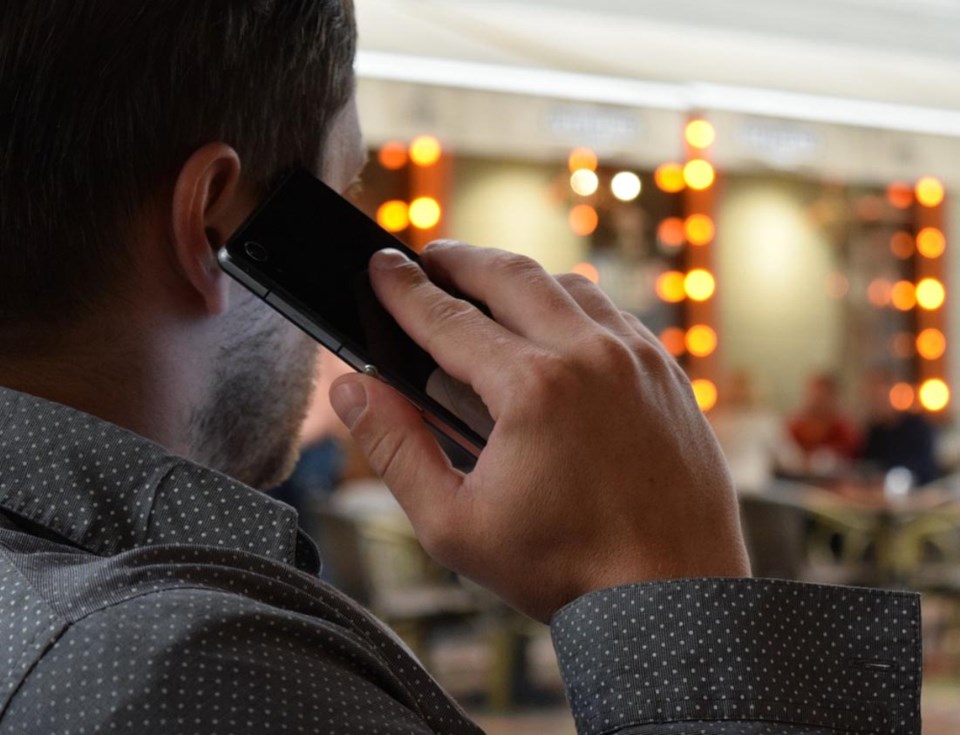Will the provincial government’s recent announcement of technology upgrades to B.C.'s 911 emergency communications system alleviate serious concerns raised by the City of Delta?
That remains to be seen following the Ministry of Public Safety and Solicitor General last week announcing a $150-million investment to fund upgrades to the system, which the ministry admits is aging and increasingly incompatible with evolving technologies.
The upgrade to Next Generation 911 is to allow people the choice to contact 911 through new options, such as real-time text.
E-Comm, which handles 99 per cent of B.C.'s 911 call volume, is leading Next Generation 911's implementation in most B.C. municipalities, the ministry said.
Pending approval by the legislative assembly, the investment is to help offset local governments' costs for transitioning to Next Generation 911.
It’s to be divided in two parts, including $90 million to E-Comm for technological upgrades, and $60 million provided to the Union of BC Municipalities to defray costs.
Last December, the Delta Police Board and Mayor George Harvie, who chairs the police board, raised serious concerns to the provincial government about E-Comm.
Harvie, on behalf of the police board, wrote to Public Safety and Solicitor General and Deputy Premier Mike Farnworth expressing the board’s concerns about what they said is E-Comm’s inability to provide necessary call-taking services for the Delta Police Department (DPD) in alignment with the established service standards outlined in its contract.
The letter, which was also sent to Doug Campbell, Board Chair, Emergency Communications for British Columbia Incorp., noted that there have been consistent and ongoing challenges relating to unacceptably long wait times for emergency and non-emergency calls, often leading to abandoned calls.
Abandoned calls contribute to inaccurate crime statistics, impacting the adequacy of policing resources, and police safety strategies, said Harvie.
Meanwhile, the DPD may expand its non-emergency call taking pilot program to be a 24/7 service and make it permanent.
The pilot project, which launched in December 2021, has seen the DPD assume responsibility from E-Comm for answering non-emergency calls between 7 a.m. and 7 p.m. daily.
Non-emergency calls from 7 p.m. to 7 a.m. continue to be transferred to E-Comm.
In his report to the police board last December, Chief Neil Dubord said the pilot project results indicate that the DPD has provided better service to the community through the in-house, non-emergency call-taking model.
Dubord said the department is considering several options for 2023 including taking non-emergency calls until midnight, or even 24/7.




